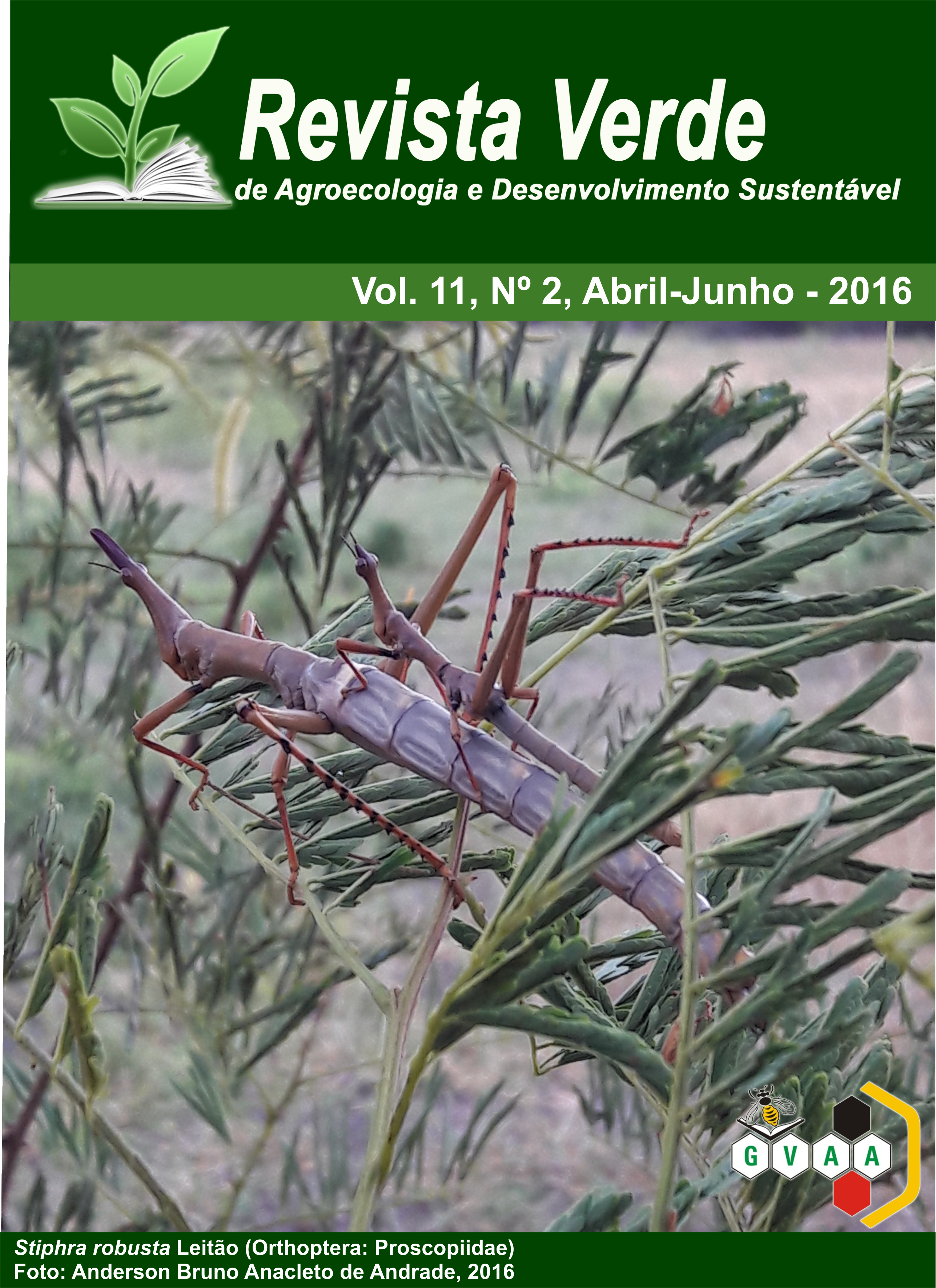Elaboração de massa de pizza com teor de sódio reduzido e enriquecida com farinha de aveia
DOI:
https://doi.org/10.18378/rvads.v11i2.4520Keywords:
Hábitos alimentares, Avena sativa L., alimentos funcionais, análise sensorial.Abstract
Existe uma forte tendência pela busca da substituição de ingredientes que, quando ingeridos em excesso, causam danos à saúde. Preocupados com a saudabilidade, os consumidores exigem mudanças, substituições e enriquecimento aos alimentos para que tragam algum benefício ao organismo, além da função básica de nutrir, e que ainda o satisfaça sensorialmente. Portanto, o objetivo deste trabalho foi desenvolver massas para pizza com teor de sódio reduzido, através da substituição parcial de NaCl por KCl, além de enriquecê-la com farinha de aveia, que tem benefícios comprovados à saúde, para verificar sua aceitação sensorial. Em uma análise sensorial preliminar constatou-se a aceitação da substituição de 50% do NaCl por KCl. Utilizando esta formulação aceita como amostra padrão realizou-se a substituição parcial da farinha de trigo por farinha de aveia, nas proporções de 10 (F1), 15 (F2) e 20% (F3). Os atributos sensoriais de sabor e aceitação global não diferiram estatisticamente entre si para as diferentes concentrações de farinha de aveia. Com relação a aparência, a amostra F2, com 15% de substituição, foi a única que apresentou diferença estatística significativa. Foi possível constatar, através das respostas de um questionário online, que os consumidores estão preocupados com os seus hábitos alimentares e pagariam a mais por produtos com algum tipo de substituição que beneficie sua saúde. A massa para pizza com teor de sódio reduzido e enriquecida com farinha de aveia foi bem aceita, principalmente na concentração relativa à 15% de substituição.
Mass preparation of pizza with reduced sodium content and enriched with oatmeal
Abstract: There is a strong tendency for the search for replacement ingredients that when ingested in excess, cause damage to health. Concerned about the healthiness, consumers demand changes, substitutions, and enriched foods to bring some benefit to the body, beyond the basic function of nurture and still satisfies sensuously. Therefore, the objective of this study was to develop pasta to pizza with reduced sodium content by partial replacement of NaCl by KCl, and enrich it with oatmeal, which has proven health benefits, to check their sensory acceptance. In a primary sensory analysis it was found acceptance in replacement of 50% of NaCl for KCl. Using this formulation accepted as a standard sample was carried out partial substitution of wheat flour by oatmeal, in the proportions of 10 (F1) 15 (F2) and 20% (F3). The sensory attributes of taste and overall acceptance were not statistically different from each other for different oatmeal concentrations. Regarding the appearance, the sample F2, with 15% replacement, it was the only one that showed a statistically significant difference. It was found, through the answers to an online questionnaire, consumers are concerned about their eating habits and pay more for products with some kind of replacement that will benefit your health. The dough for pizza with low sodium content and enriched with oat flour was well accepted, particularly in the relative concentration of 15% substitution.















